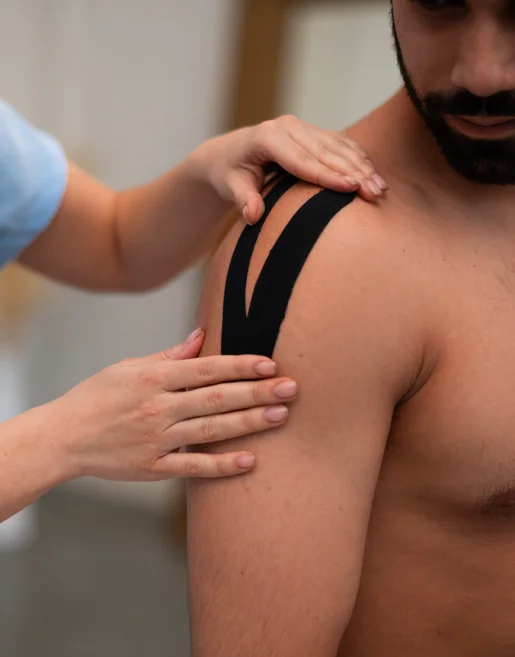Restoring Strength and Flexibility with the Best Shoulder Replacement Surgery in Hyderabad
Shoulder Replacement Procedures
Shoulder replacement procedures are surgical interventions designed to replace damaged joint surfaces with artificial components called prostheses.

Reasons for Surgery
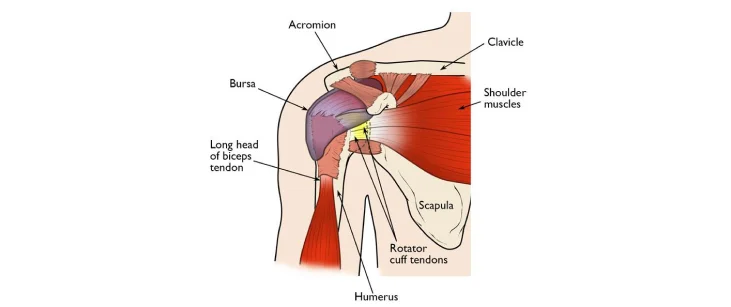
Conditions Treated

Osteoarthritis
The most common type of arthritis, causing cartilage degeneration and joint pain.
Rheumatoid arthritis
An inflammatory autoimmune disease that can affect the joints, including the shoulder.
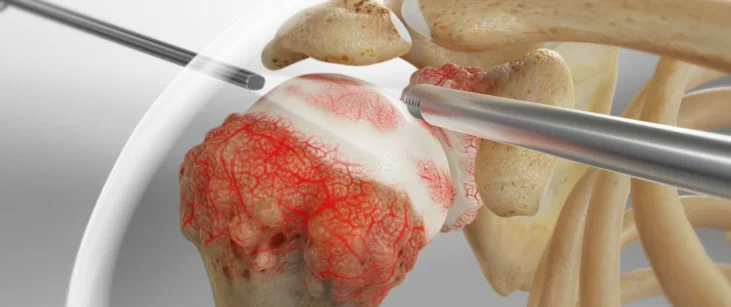
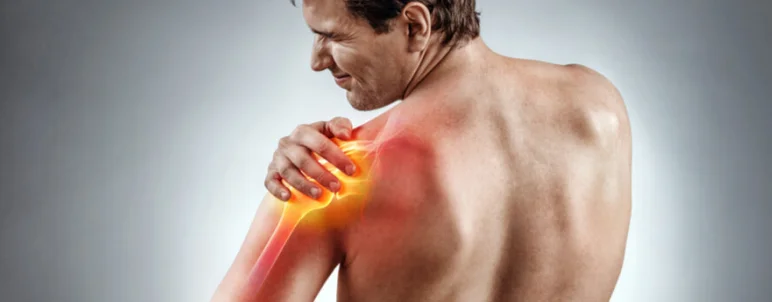
Avascular necrosis
This condition occurs when blood flow to the bone is disrupted, causing bone death.
Post-traumatic arthritis
Arthritis developing after a shoulder injury.
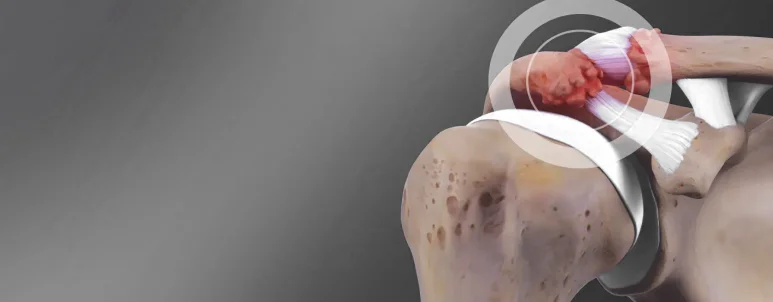
Types of shoulder replacement surgery
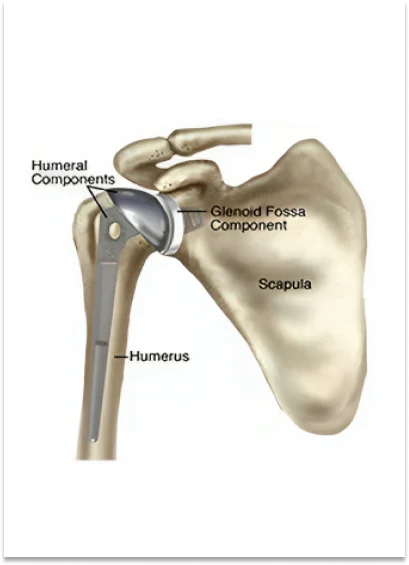
Anatomic total shoulder replacement
This surgery replaces the ball of the upper arm bone (humerus) with a metal ball and the socket (glenoid) with a plastic cup.
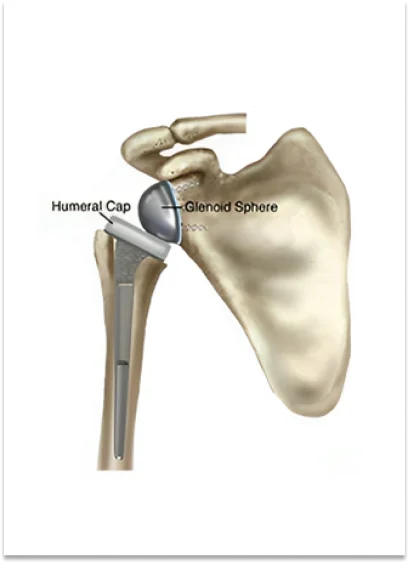
Reverse total shoulder
replacement
This surgery is used when the rotator cuff is severely damaged. It replaces the ball of the humerus with a plastic socket and the glenoid with a metal ball.
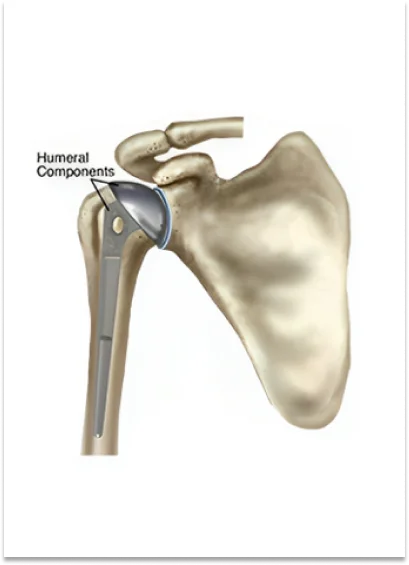
Partial shoulder
replacement
This surgery replaces only the damaged portion of the humerus head with a metal cap.
Surgical Approaches
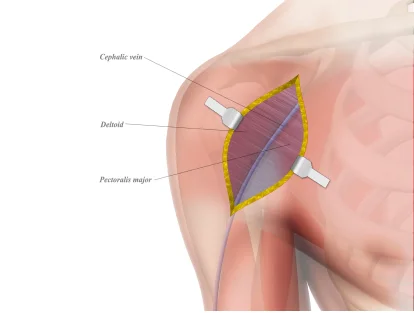
Deltopectoral approach
This is the most common approach, involving an incision along the front of the shoulder.
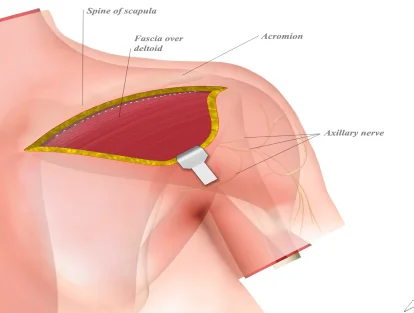
Acromial approach
This approach involves an incision through the acromion, a bony prominence on the shoulder blade.

Minimally invasive approach
This technique uses smaller incisions and specialized instruments to perform the surgery.
The Surgery Process
Recovery
